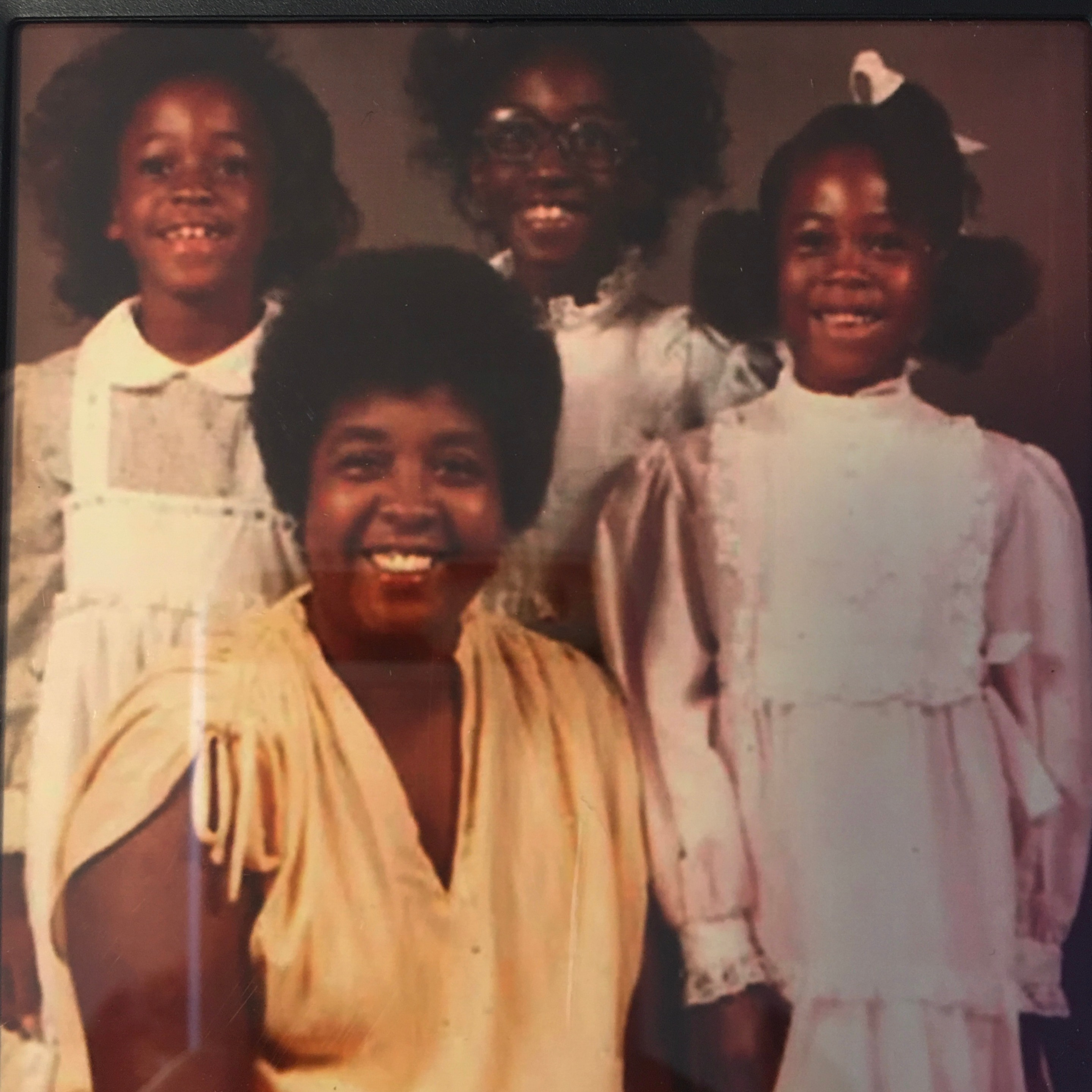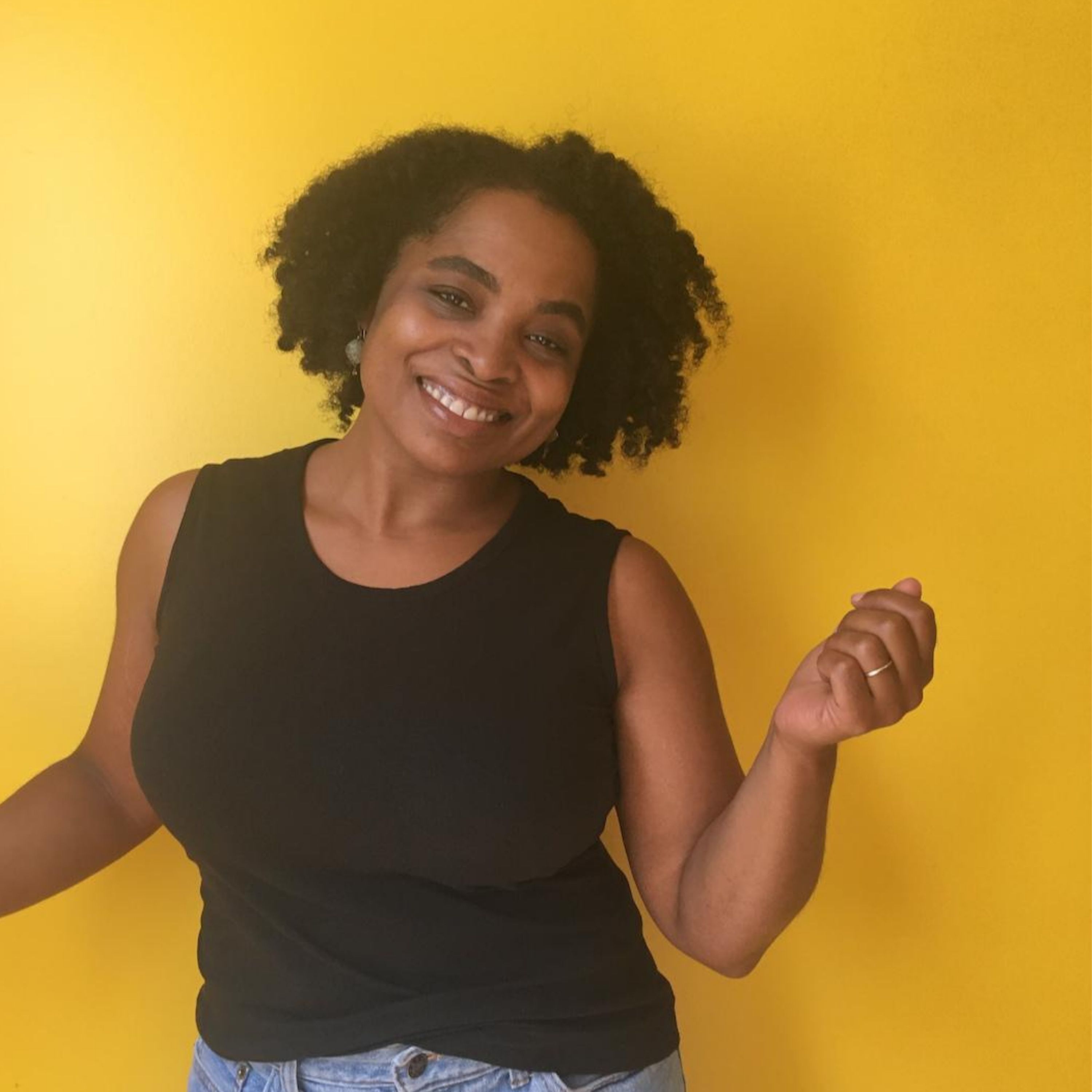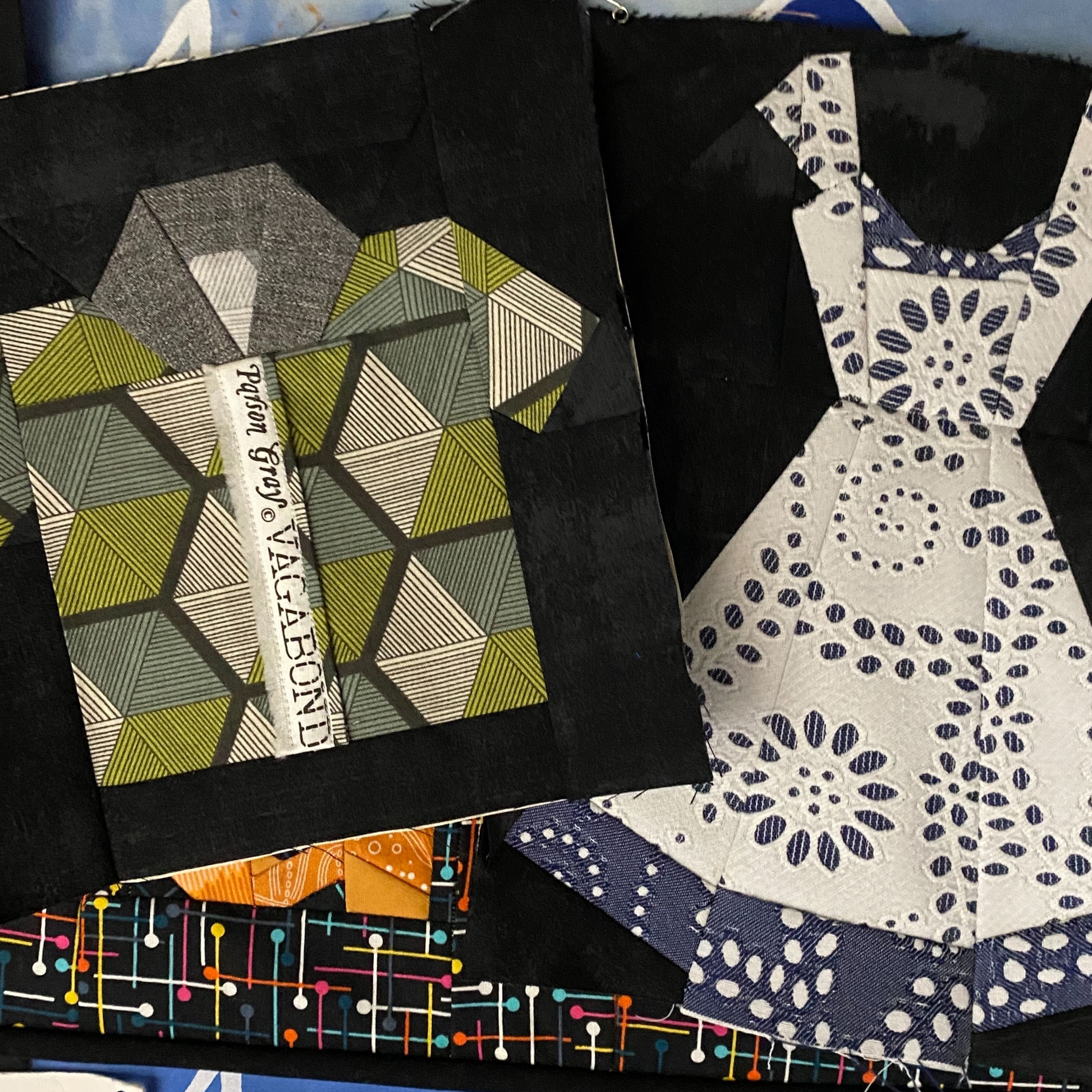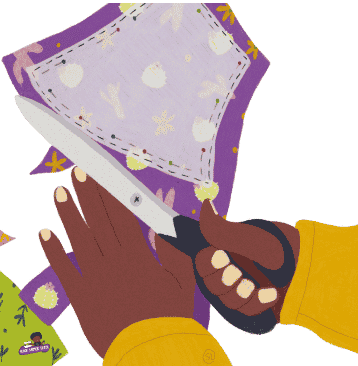Learn more about Florence! On Instagram
Her Acting: Florence plays Juror 6 in 12 Angry Jurors (Name changed to be more inclusive but most would recognize it as 12 Angry Men) Her Sewing: Florence says, "When thinking about meaningful events or experiences in sewing [two benefits stand out] mentally: the friendships I have made and more confidence and love for myself and body. Professionally: being part of Art Gallery's lookbook and blog tours. Look for her in an upcoming collaboration with Art Gallery Fabrics Boscage
---
Special thanks to guest producer, Christina Wisboro. Music credits: "Buttercup" Dylan Sitts; "Make It Real" by Wildson and "Voicemail" by Felix Johansson Carne
---
The Stitch Please podcast will celebrate its 100th episode on 9/15/2021. As part of that effort, we are looking to add 100 additional Black Women Stitch Patreon supporters by the 100th Stitch Please podcast episode publication date. These funds will be used to build financial stability for the podcast while alleviating the pressure of a solo operation. Will you join us? For as little as $2 a month, you can help Lisa hire consistent editorial and production support.
Sign up for the Black Women Stitch quarterly newsletter
Check out our merch here
Leave a BACKSTITCH message and tell us about your favorite episode.
Join the Black Women Stitch Patreon
Check out our Amazon Store
Stay Connected:
YouTube: Black Women Stitch
Instagram: Black Women Stitch
Facebook: Stitch Please Podcast




